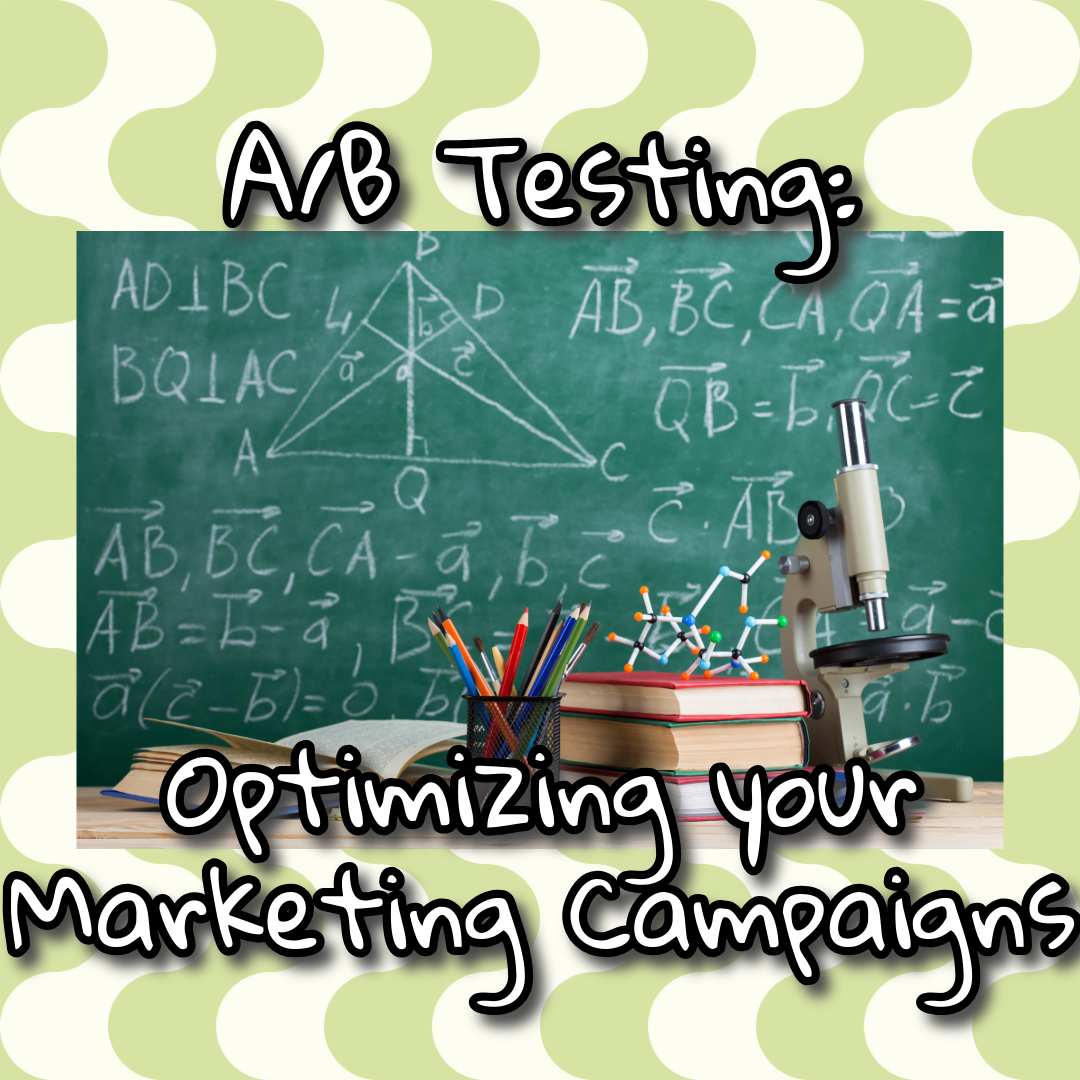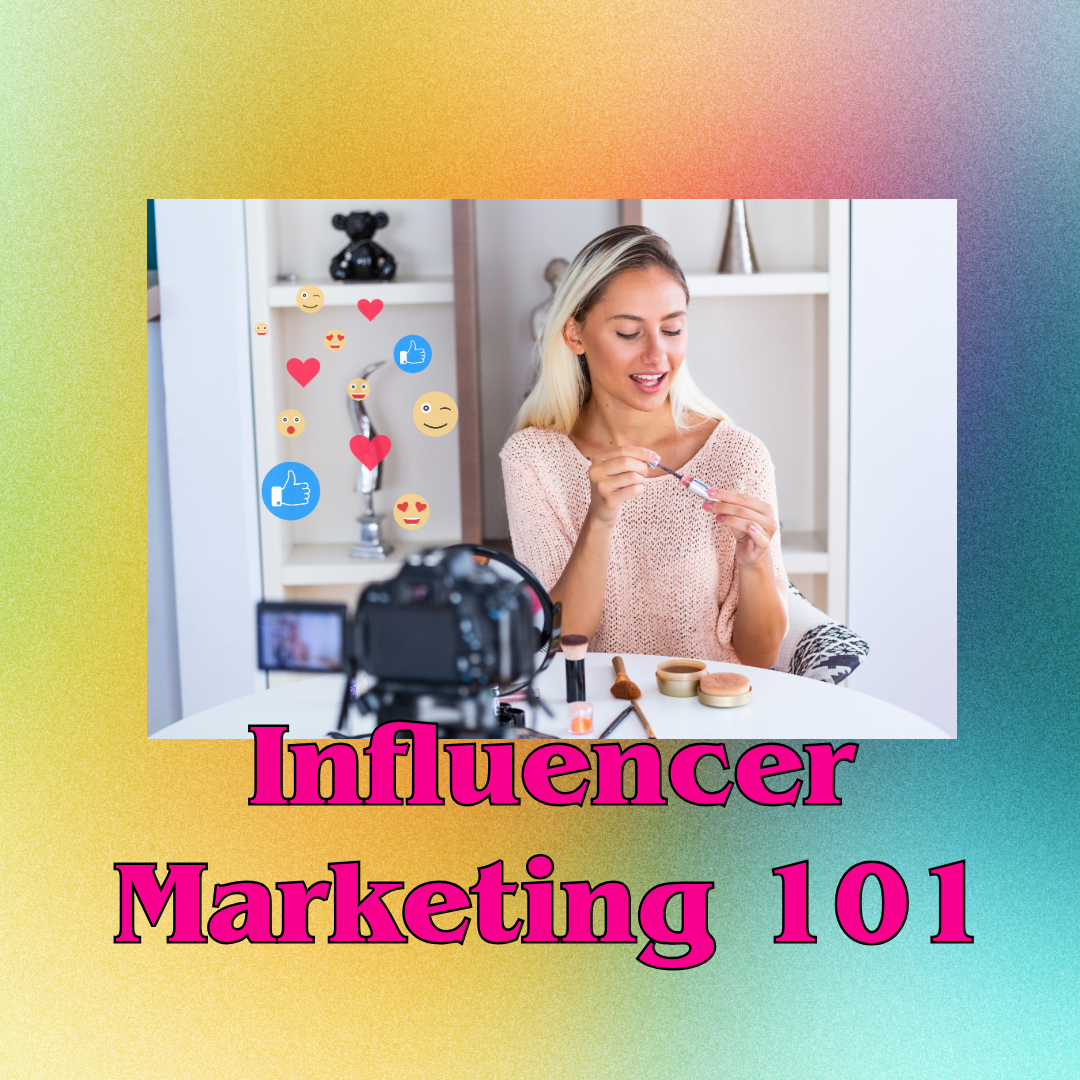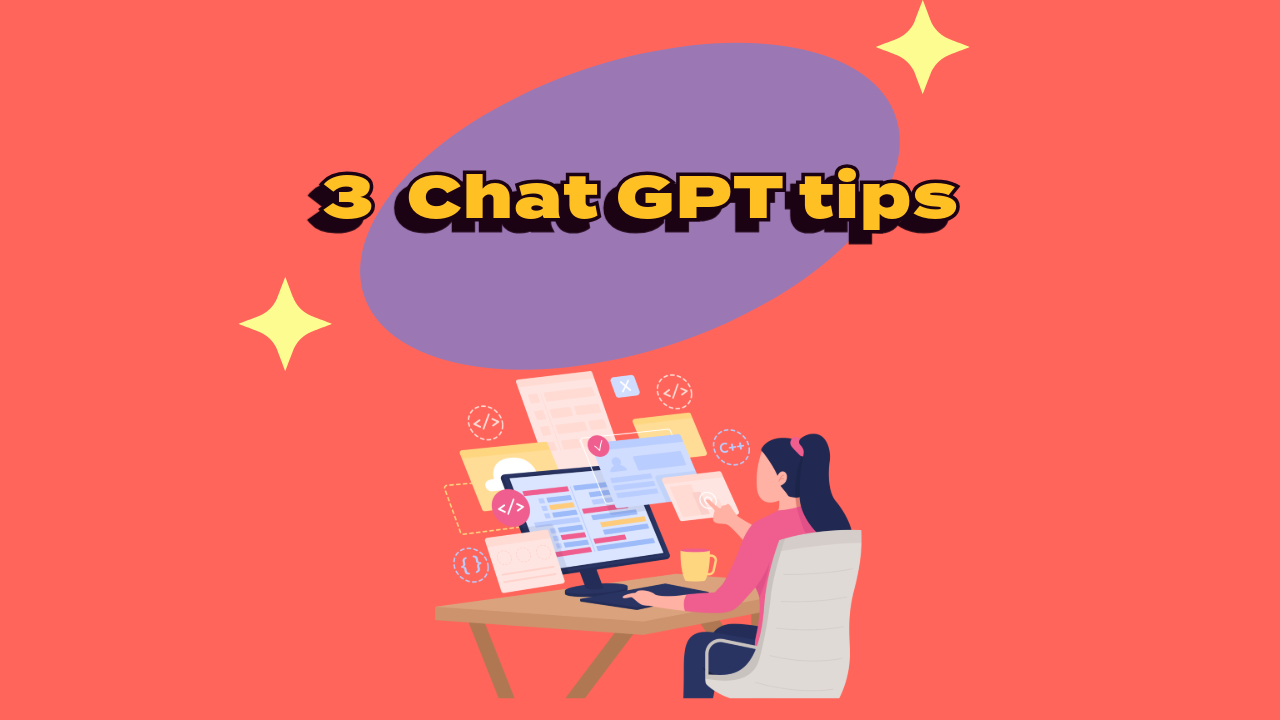What is SEO & Why Should I Care? The Ultimate Startup Guide
If you're not online, you're not anywhere.
Introduction
If you’re not online, you’re not anywhere. Especially when trying to sell.
That’s why, when starting your own business, understanding and leveraging Search Engine Optimization (SEO) is essential.
Think of SEO as the backbone of your digital presence. But what exactly is SEO? Why is it so crucial for startups?
I’m here to demystify it all for you, and explain how to leverage it grow your business.
What Is SEO?
SEO stands for Search Engine Optimization. It refers to the ongoing process of optimizing your website to improve its visibility.
When people search for products or services related to your business in Google, Bing, and other search engines, you want your business to appear as an option. Awareness of your business is the first step any potential customer takes towards purchasing your product or service.
The better visibility your pages have in search results, the more likely you are to garner attention and attract prospective customers to your business.
How Does SEO Work?
Search engines use complex algorithms to determine the order of search results.
In fact, they’re so complex that people in the industry call it a “black box” because no one is exactly sure how it all works.
SEO is never as simple as do x then y will happen. The algorithms are constantly changing, so it takes a lot of expertise to decode general best practices.
Although it is complicated, there are some factors that are important no matter what:
- Including Keywords
- Usability of the Site
- Relevance of the Content for Search Queries
- Page Loading speed
Key Components of SEO
- On-Page SEO: This involves ensuring your website’s content is relevant and provides a good user experience. Keywords are important because they help search engines understand what your content is about.
- Off-Page SEO: This focuses on external factors like building backlinks from other reputable websites to your own. It helps build your site’s authority and trustworthiness.
- Technical SEO: To rank highly on search engines, your website not only has to appeal to human readers, but to crawlbots as well. Readability is the general term SEO marketers use for this concept. Making a page readable for a crawlbot includes the backend elements of your website like search architecture, mobile optimization, and page speed that help improve your site’s readability for search engines.
Why SEO Matters for Startups
Cost-Effectiveness
For startups, every penny counts. SEO is a cost-effective marketing strategy compared to traditional forms of advertising. It targets users who are actively looking for your products or services online. This reduces your expenditure on marketing strategies.
Building Online Presence
Any robust SEO strategy is meant to establish a strong online presence. As you climb higher in search results, your brand gains more visibility.
This isn’t just about traffic; it builds credibility and trust with your potential customers.
Long-Term Benefits
Unlike paid advertising, the effects of a good SEO strategy are long-lasting. It takes longer to climb the ranks on search engines, but once you’re there, you maintain visibility longer, which is crucial for sustainable growth.
Content is King
Create valuable, high-quality content centered around your keywords. This can include b/og posts, how-to guides, and informational articles. The goal is to provide value to your visitors, answering their questions and offering solutions.
On-Page Optimization
On-page optimization is the process of refining the elements within your website to improve its position in the search rankings. It's about making your website more user and search engine friendly. Here are key strategies to ensure your on-page SEO is the best it can be:
12 Key Strategies for On-Page Optimization
- High-Quality Content: Content is the heart of your website. Ensure it is original, relevant, informative, and engaging. Content should not only incorporate targeted keywords naturally but also provide real value to your audience.
- Keyword Optimization: Carefully research and select keywords that are relevant to your business and audience. Use them strategically in your content, including titles, headings, and body text, but avoid keyword stuffing.
- Meta Tags Optimization: Craft compelling and keyword-rich meta titles and descriptions for each page. These tags don’t directly impact rankings but can significantly improve click-through rates from search engine results pages.
- URL Structure: Use URLs that are easy to read and include keywords. A well-structured URL not only informs the user what the page is about but also benefits your search engine rankings.
- Internal Linking: Use internal links to guide users and search engines to related content on your site. This not only improves navigation but also helps establish information hierarchy and spread link equity.
- Image Optimization: Ensure all images on your site have alt tags that describe the image content and include relevant keywords. Also, optimize image file sizes to improve page loading speeds.
- Mobile Responsiveness: With the increasing use of mobile devices, having a mobile-friendly website is essential. Ensure your site looks good and functions well on all devices.
- Page Loading Speed: Search engines favor websites that load quickly. Optimize your site’s loading speed by compressing images, leveraging browser caching, and improving server response time.
- User Experience (UX): A site that's easy to navigate and understand is more likely to retain visitors. Good UX design enhances user satisfaction and signals to search engines that your site is of high quality.
- Schema Markup: Implementing schema markup can help search engines better understand your content and enhance the way your page is displayed in SERPs with rich snippets.
- Content Freshness: Regularly update your website with new and relevant content. Fresh content keeps your audience engaged and shows search engines that your site is active and relevant.
- Accessibility: Ensure your website is accessible to all users, including those with disabilities. This includes using proper contrast ratios, alt text for images, and navigable site structure.
Off-Page Optimization
While on-page SEO focuses on what’s on your website, off-page SEO involves the activities that take place outsite of your website. This aspect of SEO plays a crucial role in enhancing your site’s authority, credibility, and online reputation.
It’s about building a positive image and relationships for your brand across the web.
8 Key Strategies for Off-Page Optimization
1. Building Quality Backlinks: The cornerstone of off-page SEO is building high-quality backlinks from other reputable sites. Each backlink is like a vote of confidence in your content's quality and relevance. Focus on getting links from websites with high domain authority and relevance to your niche.
2. Guest Blogging: Contributing content to other blogs or websites is an excellent way to establish authority in your industry. Not only does it help with backlinks, but it also exposes your brand to a broader audience.
3. Social Media Engagement: Active social media engagement can significantly boost your brand's visibility and reputation. Regularly posting and interacting with your audience on platforms like Facebook, Twitter, and LinkedIn can drive traffic to your website.
4. Influencer Marketing: Collaborating with influencers in your industry can spread the word about your brand and create quality backlinks. Choose influencers whose followers align with your target audience.
5. Forum Participation: Engaging in forums like Quora or industry-specific forums can help establish your expertise. By answering questions related to your niche, you can attract traffic back to your site.
6. Brand Mentions: Unlinked brand mentions on other sites can also be valuable. You can reach out to these platforms and request them to turn the mentions into backlinks.
7. Content Marketing:
Sharing valuable content across various platforms, such as videos, infographics, and reports, can attract backlinks and social shares.
How to Get Started with SEO for Your Startup
- Understand Your Audience: You must know who your audience is and what they are searching for. Think of exactly what they would type into something like google. Those are your keywords. If you’re having trouble, use tools like Google Trends to get insights into your audience’s behavior and preferences.
- Keyword Research: Identify keywords that are relevant to your business and have a high search volume. Tools like Google Keyword Planner can be very helpful.
- Optimize Your Website: Your website must look good on any device. That means it must be mobile and desktop friendly, have a fast loading speed, and an intuitive user interface. Remember, a good user experience is the ultimate key to better rankings.
- Create Engaging Content: Regularly update your blog or news section with fresh, relevant content. Engaging content not only attracts visitors, but also encourages other sites to link to your pages.
- Build Quality Backlinks: Reach out to other reputable websites so that they link to your pages. These are called backlinks. Guest blogging on relevant sites is a great way to start.
- Monitor Your Progress: Use tools like Google Search Console to track your website’s performance in search results. This will help you make continual improvements.
What is Schema Markup?
Schema markup, a form of structured data, is a powerful tool used in SEO to provide search engines with specific information about a website's content. It's like a digital map that guides search engines through your site, helping them understand the context and meaning of your pages.
Implemented using a unique semantic vocabulary in the code of a website, schema markup clarifies the type and purpose of content, whether it's articles, local business listings, events, recipes, product listings, or reviews.
By embedding this code, your website can enhance the way it displays in search results through rich snippets, which are visually enhanced previews that provide a more comprehensive and appealing search result.
These can include star ratings for reviews, images for recipes, or event dates and locations, making your listing stand out and potentially increasing click-through rates. Ultimately, schema markup is a critical yet often overlooked component of an effective SEO strategy, aiming to make your website more understandable and visible in the vast ocean of online information.
It is a more advanced strategy, however, so it never hurts to hire an expert.
Conclusion
SEO is not just a marketing strategy; it's a fundamental element for the growth and sustainability of your startup. It requires time and effort, but the payoff is substantial. By understanding and applying SEO best practices, you can significantly enhance your online presence, attract more traffic, and ultimately, grow your business.
Remember, SEO is a marathon, not a sprint. Start incorporating these strategies into your digital marketing plan today and watch your startup flourish in the digital world!
Who might need to see this article too? Go ahead and share it with them now.
I’m also curious, what strategies have you used to boost SEO for your own pages?
Photo byMagnet.me










